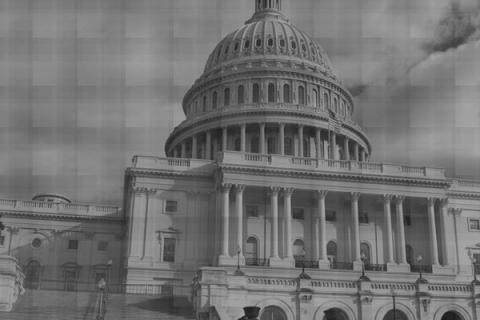In an effort to diversify US fuel economy, the US Energy Department announced on Monday twenty new projects nationwide to help states prepare for the future of alternative energy. In accordance with the Obama Administration's efforts to expand transportation options available to Americans, the projects will focus on alternative fuel, energy efficient vehicles, and strategies to reduce petroleum use across the nation.
President Obama has been vocal about his support for alternative energy and the importance of fuel efficiency moving forward. In August 2012, Obama finalized national standards for fuel economy efforts, a plan that will increase fuel economy performance to 54.5 miles per gallon by the year 2025, double today's rate.
US Energy Secretary Steven Chu said of the clean cities programs:
“Building a clean and secure U.S. transportation system that leverages our domestic energy sources will give American families, businesses and communities more options and reduce fueling costs,” Chu said. “At the same time, these projects will help lead the way to further reducing America’s dependence on foreign oil and protecting our nation’s air and water.”
With more than 10,400 stakeholders, Clean Cities has participated in nearly 100 Clean Cities coalitions focusing on alternative-transportation solutions. The Clean Cities initiative has selected twenty programs to receive scholarships to help create the infrastructure necessary to carry out a transition to alternative-energy vehicles, totaling $11 million.
The programs will not only focus on alternative fuel options, but will provide training needs and educational information for the communities it seeks to enhance.
For example, the Bay Area Air Quality Management District in San Francisco, California, will receive one million dollars from the Energy Department's Clean Cities initiative to carry out their mission statement to improve air quality. In a statewide effort to develop, promote, and regulate clean air, the control agency hopes to use the money to develop best practices for and promote alternative fuel vehicles (AFV) and electric vehicle (EV) refueling.
Also receiving a scholarship from the Energy Department is the Wisconsin Department of Administration, State Energy Office. Forwarding Wisconsin’s Fuel Choice, which will receive $500,000, aims to expand highways to include more alternative energy fueling stations. In an attempt to decrease reliance on fossil fuels, the group also assists in developing and implementing strategies and policies for petroleum reduction.
For a list of all 20 new projects included in the Clean Cities Initiative, click here.

